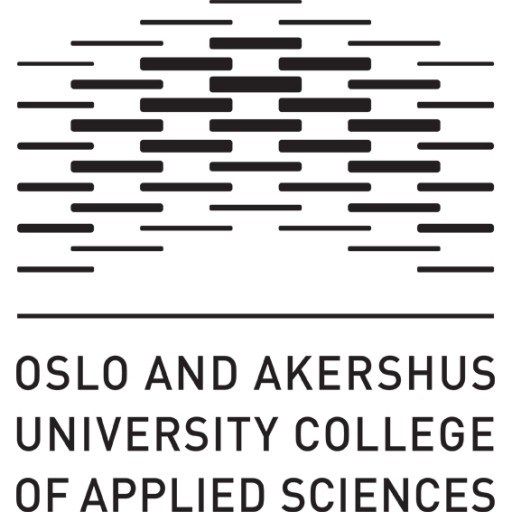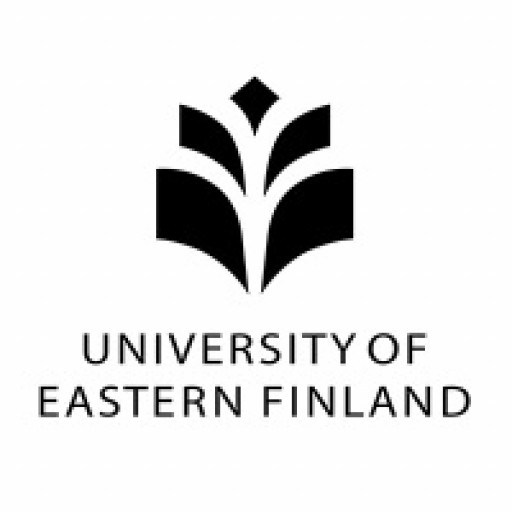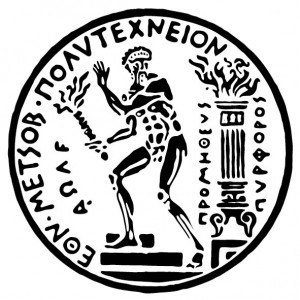Photos of university / #uniessex
Description
The first two years of our BSc Mathematics for Secondary School Teaching (including Year Abroad) are the same as for our BSc Mathematics, although there are informal opportunities for visits to schools during your second year. In your final year, your course differs as one quarter of your year is spent on a teaching-related project. You spend your third year abroad.
The Mathematics for Secondary Teaching (including Year Abroad) program at the University of Essex is designed to prepare students for a rewarding career in secondary education, equipping them with a strong foundation in mathematical knowledge and pedagogical skills. This comprehensive degree combines theoretical mathematics with practical teaching experience, ensuring graduates are confident in their subject expertise and capable of inspiring students in secondary schools. The program begins with an extensive introduction to core areas of mathematics, including algebra, calculus, geometry, probability, and statistics, providing students with a solid understanding of fundamental concepts that are essential for teaching at the secondary level. Throughout the first years, students develop their mathematical reasoning, problem-solving skills, and analytical abilities, supported by lectures, seminars, and collaborative projects.
One of the unique features of this program is the inclusion of a Year Abroad, allowing students to spend their third year studying at a partner university in another country. This experience enhances cultural awareness, language skills, and adaptability, all of which are highly valuable in today's diverse educational settings. During the Year Abroad, students may also have the opportunity to observe and participate in teaching practices in different educational systems, broadening their understanding of international approaches to mathematics education.
In addition to the mathematics core, the program emphasizes pedagogical training in secondary education contexts. Students engage in classroom-based training, including placements in secondary schools, where they observe experienced teachers, develop lesson plans, and implement teaching strategies. This practical experience is complemented by university-led workshops on curriculum development, assessment, inclusive teaching practices, and the use of technology in the classroom.
Assessment methods for the program include coursework, written examinations, presentations, and teaching portfolios. The program aims not only to develop subject specialists but also reflective practitioners capable of adapting to the evolving demands of secondary education. Graduates of this program are well-prepared to pursue Qualified Teacher Status (QTS) and embark on successful careers as mathematics teachers in secondary schools across the UK and internationally. Overall, the Mathematics for Secondary Teaching (including Year Abroad) degree offers a balanced blend of academic excellence and professional development, fostering a new generation of skilled and motivated mathematics educators.
A minimum of 120 UCAS tariff points from a combination of qualifications including A-levels, Scottish Highers, or equivalent, with at least two of the A-levels being Mathematics and another relevant subject. GCSE requirements typically include at least a grade C/4 or above in Mathematics and English Language. The program often prefers applicants with strong numerical and analytical skills demonstrated through higher-level qualifications or relevant experience. Applicants are generally expected to provide a personal statement detailing their interest in mathematics and teaching, alongside references that support their academic and personal suitability for the program. The course is designed to attract students with a passion for mathematics and education, aiming to develop both subject knowledge and pedagogical skills necessary for secondary school teaching. In addition to academic qualifications, the university considers the applicant’s enthusiasm for working with young people and commitment to a career in education. For International students, proof of English language proficiency such as IELTS with a minimum overall score of 6.5, with no less than 6.0 in each component, is usually required. Applicants may also be asked to participate in an interview or provide a portfolio demonstrating relevant experience or interests. The program incorporates a Year Abroad which enhances students’ cultural understanding and language skills, and may have specific entry requirements related to language proficiency and intercultural capability. Entry requirements are subject to change and may vary depending on the applicant’s educational background and country of residence. The university encourages applications from diverse backgrounds and values experiences that demonstrate a commitment to education and an interest in mathematics. Overall, candidates should possess a strong foundation in mathematics, effective communication skills, and a clear motivation for pursuing a career in secondary mathematics teaching.
Want to improve your English level for admission?
Prepare for the program requirements with English Online by the British Council.
- ✔️ Flexible study schedule
- ✔️ Experienced teachers
- ✔️ Certificate upon completion
📘 Recommended for students with an IELTS level of 6.0 or below.
The financing for the Mathematics for Secondary Teaching (including Year Abroad) program at the University of Essex primarily consists of tuition fees, possible government funding, scholarships, and, for eligible students, student loans. Tuition fees for UK students are set annually and are subject to change; for the 2023/2024 academic year, the standard tuition fee for UK undergraduate students was approximately £9,250 per year. International students pay higher tuition fees, which vary depending on the course and demand, but typically range from £14,000 to £17,000 per year.
Students from the UK may be eligible for government-backed student loans to cover their tuition fees and living costs. These loans are provided by the Student Loans Company and are repaid after graduation once a certain income threshold is exceeded. For undergraduate degrees, UK students can also apply for maintenance loans and grants to support their living expenses.
In addition to government funding, many students pursue scholarships and bursaries offered by the university or external organizations. The University of Essex provides several scholarship options for prospective students, including the University of Essex Undergraduate Scholarship, which offers financial support to high-achieving students, and subject-specific scholarships that might be available for students enrolled in education or mathematics-related degrees. Application procedures and eligibility criteria vary, and most scholarships are competitive and awarded based on academic achievement, potential, or financial need.
Financial planning is recommended early in the application process, and students are encouraged to check the university's official website for updated information on tuition fees, scholarship opportunities, and application deadlines. International students are also advised to consider additional costs such as visa fees, health insurance, accommodation, and living expenses, which can significantly add to the overall cost of studying at Essex.
For students studying with a Year Abroad component, additional costs may include travel, accommodation, and insurance related to the international placement. Some funding options and scholarships support Year Abroad students, but additional personal savings or loans might be necessary to cover these expenses.
Overall, the University of Essex aims to support students financially through a combination of government funding, scholarships, and flexible payment options. Prospective students should consult the university’s official financial aid office for personalized advice and to explore all available funding opportunities.
The Bachelor of Science in Mathematics for Secondary Teaching (including Year Abroad) at the University of Essex is designed to prepare students for a career in secondary education, providing a strong foundation in mathematics alongside pedagogical skills. The program typically spans three years, with an optional year abroad included in the third year, during which students gain international experience, cultural awareness, and advanced mathematical knowledge. Throughout the course, students engage with core mathematical topics such as algebra, calculus, statistics, and discrete mathematics, complemented by modules on teaching methods, curriculum development, and classroom management. The inclusion of a year abroad offers students the opportunity to study at partner institutions across Europe or beyond, enriching their academic and personal development. The program aims to develop graduates who are not only proficient in mathematics but also equipped with the pedagogical expertise to inspire and educate future generations. The University of Essex emphasizes practical teaching experience, ensuring students undertake placements in real secondary school environments. This combination of rigorous academic coursework and practical teaching placements prepares graduates for Qualified Teacher Status (QTS), an essential qualification for teaching in UK secondary schools. Admissions criteria generally include a strong background in mathematics at A-level or equivalent, and the program encourages applicants with a passion for education. After completion, graduates are eligible to apply for teaching positions, and many pursue further training or postgraduate study to enhance their teaching credentials or specialize in areas such as mathematics education or curriculum development. The university offers supportive academic mentoring, access to teaching resources, and a vibrant campus community that fosters collaboration and innovation in education. Overall, the Mathematics for Secondary Teaching (including Year Abroad) program aims to produce highly qualified, confident, and reflective teachers capable of making a positive impact in secondary education systems across the UK and internationally.










